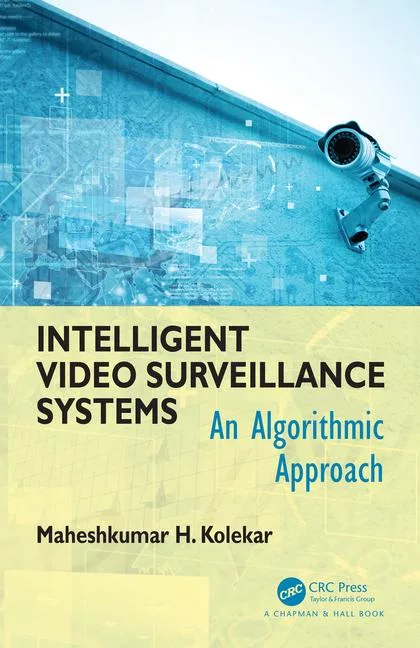Video Surveillance: Home’s Where the Casino Is

It may surprise some people that the majority of casinos that comprise the billion dollar gaming industry in the United States have not entered the digital video future and still rely on time-lapse videocassette recorders as the centerpiece of their video surveillance systems.
Despite recent advancements of security video technology to digital and IP-based systems, many casinos have been slow to adopt the new technology due to high security demands such as picture quality and storage requirements. In fact, as of June 2006, only a handful of casinos in Las Vegas have fully switched from analog to digital.
For casinos, this type of change means a big investment. Where it once cost $250,000 to $500,000 to outfit facilities with analog equipment, moving into the digital video arena today is an expenditure that often reaches $2 to $5 million.
But the days of ignoring the world of digital video are over.
The migration within the casino arena can provide guidelines for all types of enterprises and their security strategies.
Security tips
As any casino security director knows, casinos present particular security challenges. First, very large areas of the casino require detailed camera coverage. Second, due to the nature of casino fraud, the quality of recording has to be very high in terms of image quality, image transmission and recording availability.To help any security director select the right system and migrate to digital video, following are six tips from the intensive casino setting to consider:
Cost – Casinos are no different than other businesses and the expense is a large determining factor. The initial cost is much higher for a digital video recorder or DVR solution, but three to five years after initial installation, the costs to operate and maintain is much less and results in an equal or lower total cost of ownership or TCO compared to analog. However, due to the amount of money it costs to outfit an establishment with an appropriate digital video system, it often takes approximately two years to proceed through the purchasing process. If you plan to upgrade to DVRs, preparing for it now by advising management about the potential cost may make the transition easier.
Picture Quality – Because casinos require detailed coverage and the image quality must be high in terms of sharpness and color, the cameras used to capture those images must also be of the highest quality. That’s the case for other applications, too.
Storage – Due to state regulations and the need for high picture quality, casinos typically record each camera feed at 30 frames per second (real-time) at 4 CIF resolution. These requirements mandate that casinos invest a great deal of money into video storage, which is where most of the cost of a digital video system is spent. When it comes to video storage, casinos have two options: Redundant Array of Independent Disks (RAID), a category of disk drives that employ two or more drives in combination for fault tolerance and performance; or mirrored hard drives.
Video Analytics – Besides the ability to integrate with other security systems, such as intrusion detection, perimeter protection and access control, any digital video system must also include video analytics. The system should perform such basic functions as license plate recognition and have the ability to work with point of sale systems in order to reduce or eliminate both internal and external fraud. These systems can also help split the cost between two or more departments.
Ease of Use – Security directors should take into consideration how quickly and easily staff members will adapt to operating the new equipment. In the case of most digital video systems, implementation often leads to security staff and operators becoming more proficient at performing their jobs. Through the system’s graphical user interface (commonly referred to as GUI) and/or matrix keyboard interface, security staff will spend less time training and more time monitoring.
Support – In the gaming industry, if equipment breaks or is not working, then that establishment cannot operate and will lose money. This is why quick and effective technical support is vital. Whether it is from the security systems integrator or the manufacture, ensure that support is only a phone call away.
About the Source
Material for this article comes from Stephen Kleemeyer, casino account manager for Dallmeier Electronic. He may be reached at (678) 358-5512 or by e-mail at stephan.kleemeyer@dallmeier-electronic.com.Looking for a reprint of this article?
From high-res PDFs to custom plaques, order your copy today!







